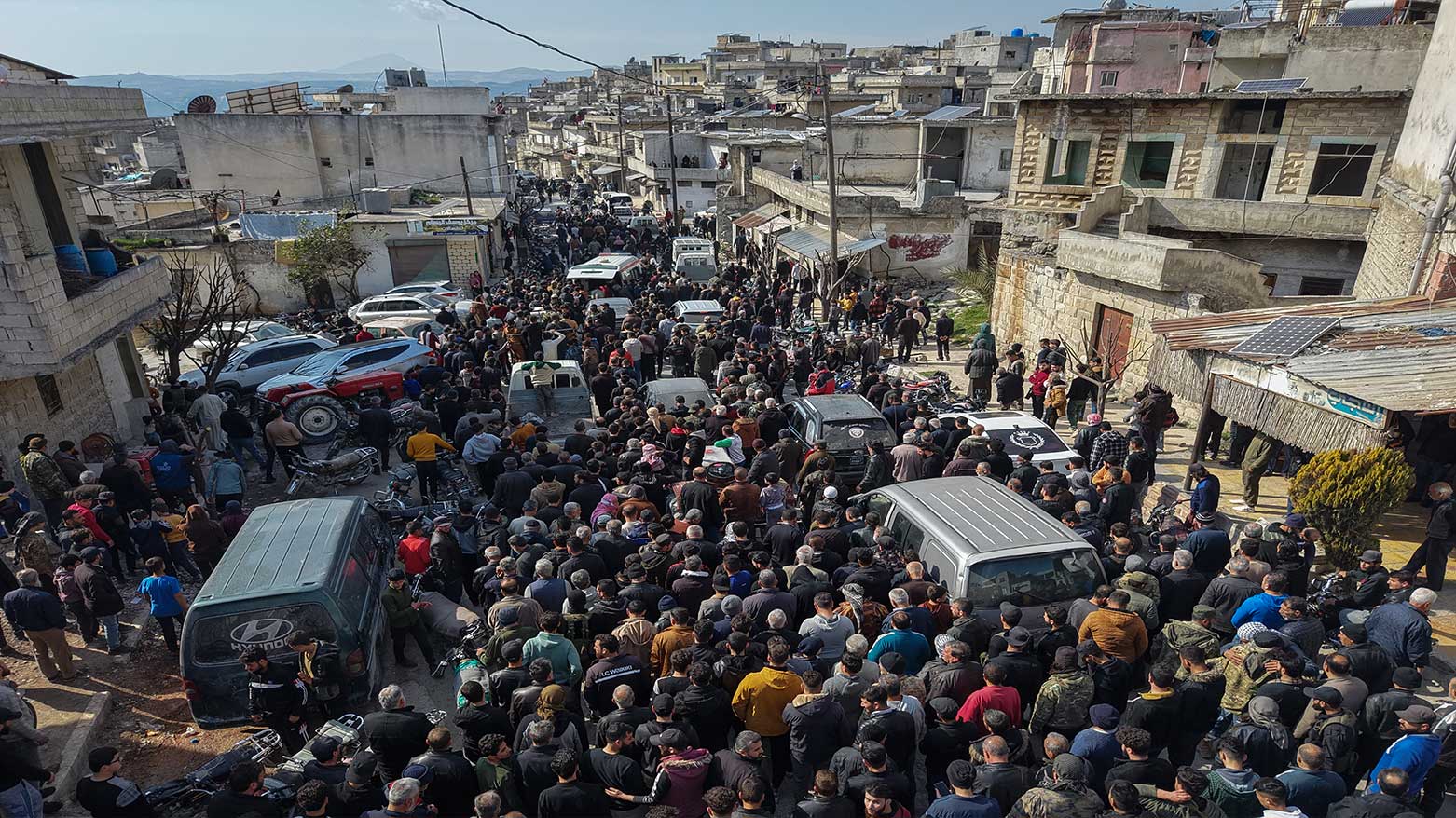Chaos in Syria’s Coastal Region: 48 Hours of Violence Leave 213 Dead
Allies such as Saudi Arabia and Turkey have expressed support for the interim government, while countries like Russia and Iran have called for an end to the violence.

ERBIL (Kurdistan24) – Relative calm has returned to Syria’s coastal region after two days of intense clashes, ambushes, and attacks targeting General Security forces, according to the UK-based Syrian Observatory for Human Rights (SOHR). The violence, attributed to armed groups allegedly backed by regional entities, has left at least 213 combatants dead.
SOHR reports that the death toll includes 93 members of the Syrian Ministries of Interior and Defense, along with 120 former regime soldiers and recruits. The number is expected to rise as additional casualties, injuries, and missing persons continue to be reported.
While security and military forces are actively combing the affected areas, street battles persist in parts of Latakia and Tartus provinces. In Latakia city, armed groups launched attacks near Ibn Sina Hospital and the National Hospital, resulting in further casualties on both sides. Meanwhile, security forces have encircled Jabblah city, where militants, after setting fire to civilian vehicles and property, fled in an attempt to evade capture.
In response to the escalating violence, the Syrian Ministry of Defense has deployed hundreds of additional troops and military vehicles to reinforce security operations in the coastal region.
Authorities have also worked to reopen roads that were blocked by militants to slow the military’s advance. During these operations, hostages from the Ministry of Defense and security forces were reportedly freed with the assistance of local residents.
The violence erupted after loyalists of the ousted president, Bashar al-Assad, launched coordinated attacks on security forces in the coastal region. This insurgency, primarily led by members of the Alawite sect, has challenged the authority of the interim government under President Ahmed al-Sharaa. The clashes have been described as the most severe since Assad's fall in December 2024.
In response to the escalating violence, the Syrian government has imposed curfews in the affected provinces and deployed additional troops and heavy weaponry to the region. Security forces are conducting operations to regain control of areas seized by insurgents and to restore stability. The situation remains tense, with ongoing efforts to address the insurgency and prevent further escalation.
The international community is closely monitoring the developments in Syria. Allies such as Saudi Arabia and Turkey have expressed support for the interim government, while countries like Russia and Iran have called for an end to the violence. The outcome of these clashes could have significant implications for the region's stability and the future political landscape of Syria.
